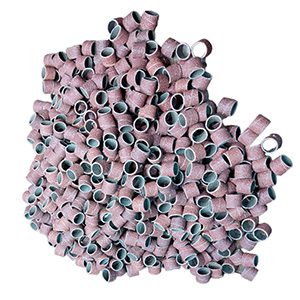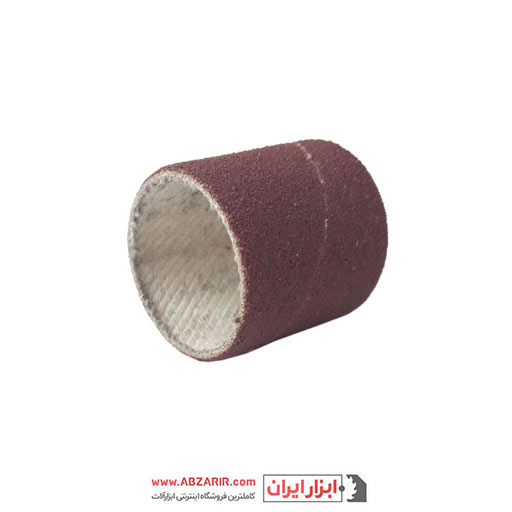
Abrasive flap wheels, also known as sanding flap wheels or grinding flap wheels, are versatile abrasive tools used for grinding, blending, deburring, and finishing metal, wood, plastic, and other materials. They consist of multiple overlapping abrasive flaps glued or bonded to a central core or hub. These flaps are typically made of coated abrasive materials like aluminum oxide, zirconia alumina, or silicon carbide. Their design allows them to conform to irregular surfaces, offering a smoother, more controlled finish compared to rigid grinding wheels or abrasive stones.
Flap wheels are commonly used with power tools such as angle grinders, die grinders, and bench grinders. They are available in various diameters, thicknesses, and grit sizes to suit different applications. The flexibility of the flaps allows users to achieve consistent finishes without significant gouging or material removal.

For more information on related abrasive products, visit Tehran Polish and Polish Tehran to learn more about sanding roll and sanding roll.
Abrasive flap wheels come in several types, each designed for specific applications and materials. The main types include:

Learn more about different abrasive tools at Tehran Polish and Polish Tehran for sanding roll and sanding roll information.
The abrasive material in flap wheels determines their cutting performance and suitability for different materials. Common abrasive materials include:
Choosing the right abrasive material is crucial for achieving the desired finish and maximizing the lifespan of the flap wheel. Using the wrong type can result in poor cutting performance, excessive heat buildup, and premature wear.
Visit Tehran Polish and Polish Tehran for a wider range of abrasive options, including sanding roll and sanding roll.
Abrasive flap wheels are used across a broad range of industries due to their versatility and efficiency. Common applications include:
The ability of flap wheels to conform to irregular shapes makes them particularly useful for working on complex geometries and achieving consistent finishes on a variety of materials.

For more applications with detailed material, visit Tehran Polish and Polish Tehran to learn more about sanding roll and sanding roll.
Understanding the advantages and disadvantages of abrasive flap wheels can help you determine if they are the right choice for your application.
Consider the advantages and disadvantages carefully before integrating flap wheels into your processes.
To check other alternatives visit Tehran Polish and Polish Tehran for alternative ways to use sanding roll and sanding roll.
Selecting the right flap wheel for a specific task involves considering several factors. Here's a breakdown:

Important Note: Always consult the manufacturer's recommendations and safety guidelines when selecting and using abrasive flap wheels.
Find specialized guidance to select your products through Tehran Polish and Polish Tehran regarding sanding roll and sanding roll.
Using abrasive flap wheels safely is essential to prevent injuries. Always follow these safety precautions:
Safety First: Always prioritize safety when working with power tools and abrasive materials.
To get more safety guidelines visit Tehran Polish and Polish Tehran to learn more about sanding roll and sanding roll.
Proper maintenance and storage will extend the life of your abrasive flap wheels and ensure optimal performance.
Careful maintenance will help you get the most out of your abrasive flap wheels and ensure consistent results.
To find ways to maintain your products, visit Tehran Polish and Polish Tehran to learn more about sanding roll and sanding roll.
Here are some common issues you might encounter with abrasive flap wheels and how to address them:
Addressing these issues promptly will help you avoid frustration and achieve better results.
For troubleshooting guides specific to material visit Tehran Polish and Polish Tehran for sanding roll and sanding roll.
The abrasive industry is constantly evolving, with innovations focused on improving performance, lifespan, and safety.
These trends promise to make abrasive flap wheels even more efficient, versatile, and environmentally friendly in the future.
To stay updated with industrial trends visit Tehran Polish and Polish Tehran to learn more about sanding roll and sanding roll.



